According to the survey, more than half of the users are waiting for the page

CDN Basic Introduction
CDN (Content Delivery Network)It is a technology that caches and accelerates the loading of a website's static resources (e.g., images, videos, CSS, JavaScript files, etc.) through a network of servers distributed around the world. By storing resources on servers closer to the user, CDNs are able to reduce data transfer times and significantly increase page load speeds.
How CDN acceleration works
CDNs store and deliver website content through a distributed set of servers. Specifically, when a user visits a website, the CDN system automatically forwards the request to the nearest CDN node server based on the user's geographic location. The following is the workflow of CDN acceleration:
- Cache static content: The static content of a website (e.g. images, CSS files, JavaScript scripts, videos, etc.) is cached on a CDN server. The first time a website is accessed, this content is loaded from the source server and cached to the CDN node.
- Requests are forwarded to the nearest node: When a user accesses a website, the CDN detects the user's IP address, determines his or her geographic location, and then forwards the request to the CDN server node closest to the user.
- Fast content loading: Since CDN nodes are closer to the user, static resources can be loaded faster, thus greatly reducing page load time.
- Dynamic content back to the source: For some dynamic content (e.g. user login information, database query results, etc.), the CDN will fetch and return it directly from the source server. These contents will not be cached.
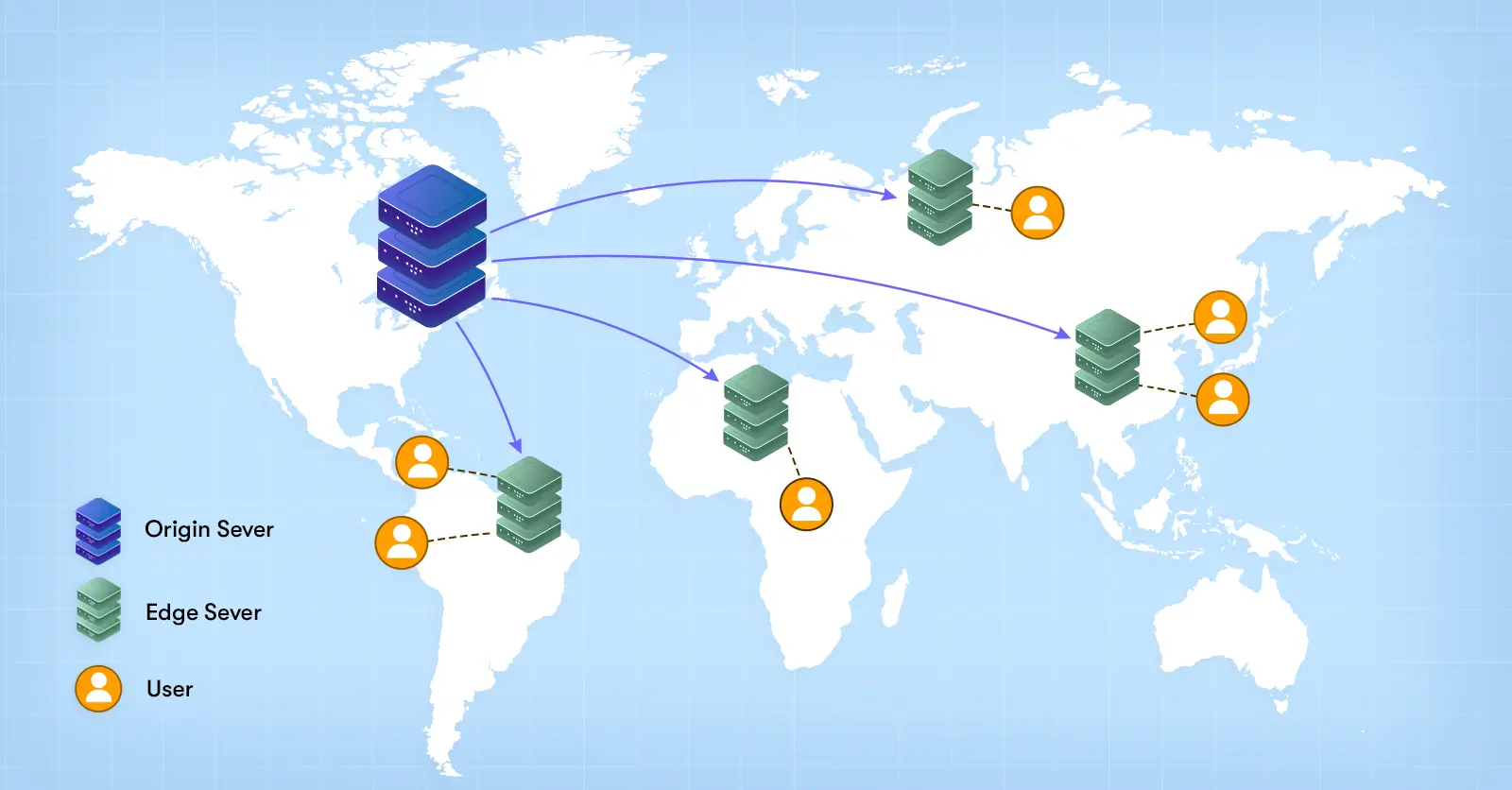
How can a CDN improve the loading speed of your website?
- Reduce server load: by combiningStatic resource distribution to nodes around the globe, the load on the source server is reduced. The source server only needs to handle dynamic requests, which reduces the stress.
- Reduced latency: The data requested by the user no longer needs to be loaded from the remote server, but from thenearbyCDN node fetch, which greatly reduces latency and improves loading speed.
- Network Optimization: Most CDN providers offerOptimization techniques, such as TCP connection optimization, intelligent routing, data compression, etc., all of which can further reduce load times.
- Improve reliability and fault tolerance: If a CDN node fails, the CDN system will automatically forward requests to other nodes to ensure that the website is always available. This feature helps to avoid downtime problems caused by a single point of failure.

CDN Application Scenarios
- Global user access: For websites that cater to a global audience, CDNs significantly improve the speed of access across geographies.for exampleSay, a user located in China to visit the U.S. website, if there is no CDN acceleration, the data transmission will go through a long route, while with the CDN, the data may be through South Korea or a closer CDN node, fast transmission to the Chinese user's client above.
- E-commerce site: E-commerce websites usually have a large number of static resources such as images, product details, user comments, etc. CDNs can accelerate the loading of these contents and enhance the shopping experience.
- Media & Video Streaming Services:: For websites that need to deliver large files, videos, or live content, CDNs can be used by multiple nodes of theparallel transmission, reducing video loading time and buffering issues to enhance the viewing experience.
- Social media platforms and news sites: Social platforms and news sites typically face a large number of real-time user visits, and CDN acceleration ensures fast loading of instant content and avoids server crashes due to surges in access.
A few important factors in choosing a CDN
Choosing the right CDN service provider needs to be based on the following considerations:
- Global coverage: Make sure that the CDN service provider has a wide node coverage in your target market and user areas, especially if your users are concentrated in some specific areas.
- Performance and Reliability: Choose a CDN service provider that offers high availability and performance to avoid unstable website access due to node failure.
- Security: A quality CDN service provider will provideDDoS Protection,WAF (Web Application Firewall),SSL encryptionand other security features to safeguard the site.
- Price and value for money: Different CDN providers vary in price and features, and you need to balance performance and cost when choosing one.
The Impact of CDNs on SEO
The loading speed of a website directly affects search engine rankings.Google Internet companyInternet search engineprioritizeFast loading speed,Good user experienceof the site, so using CDN acceleration helpsImprove SEO RankingThe
- Increase site speed: The loading speed of a website is one of the important factors in Google's ranking algorithm.
- Optimize the user experience: Faster loading improves user experience and reduces page bounce rate.
- Reduce server stress: CDNs share the delivery of static content, reducing the load on the source server and avoiding performance degradation due to server overload.
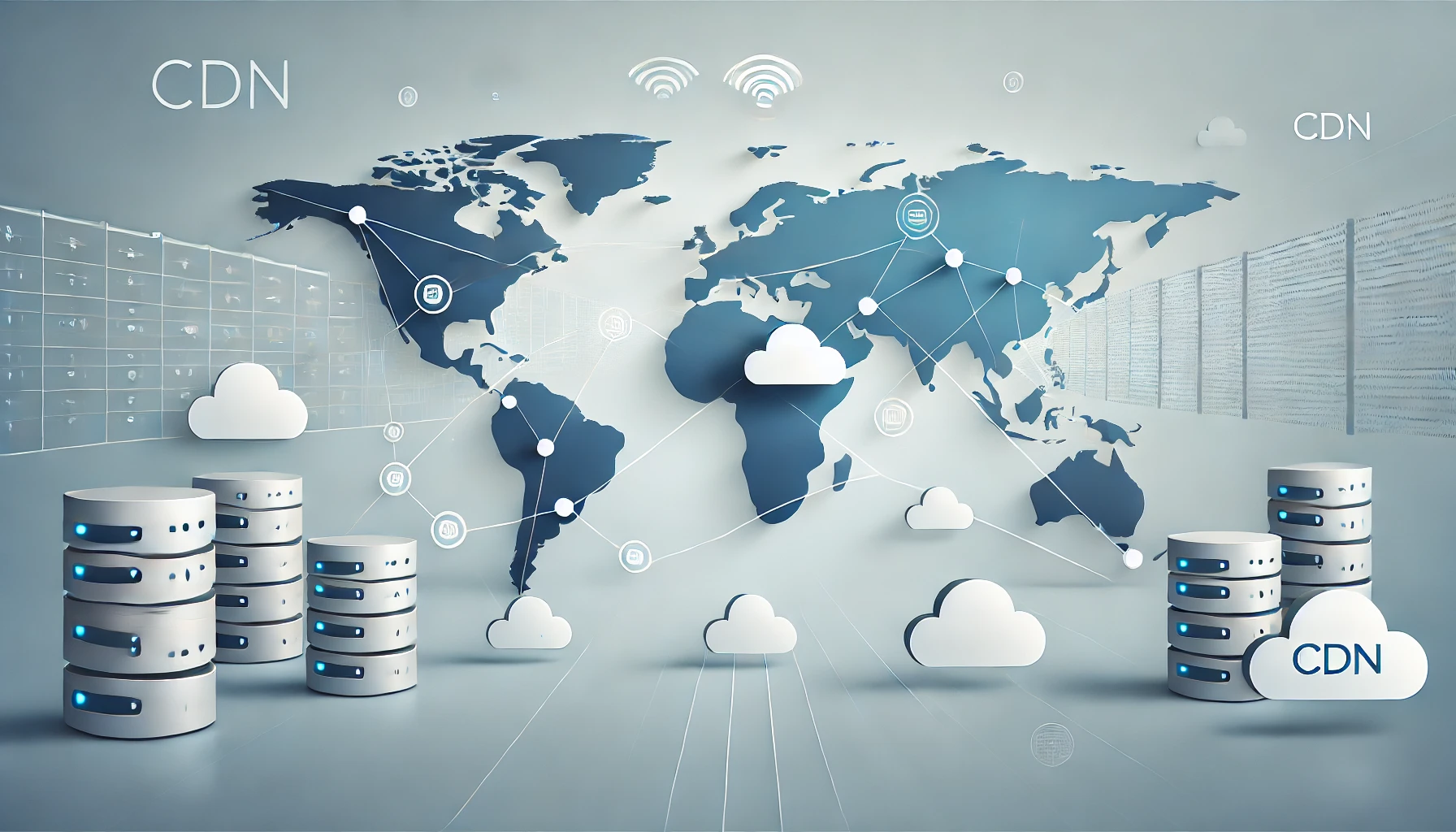
summarize
pass (a bill or inspection etc)Use of CDN technologyThe website can significantly improveLoading speedOptimizationuser experiencemergeImprove SEO Ranking. Choosing a suitable CDN service provider and configuring it according to the actual needs of your website will greatly improve your website's performance and competitiveness.
Link to this article:https://www.361sale.com/en/35647
The article is copyrighted and must be reproduced with attribution.






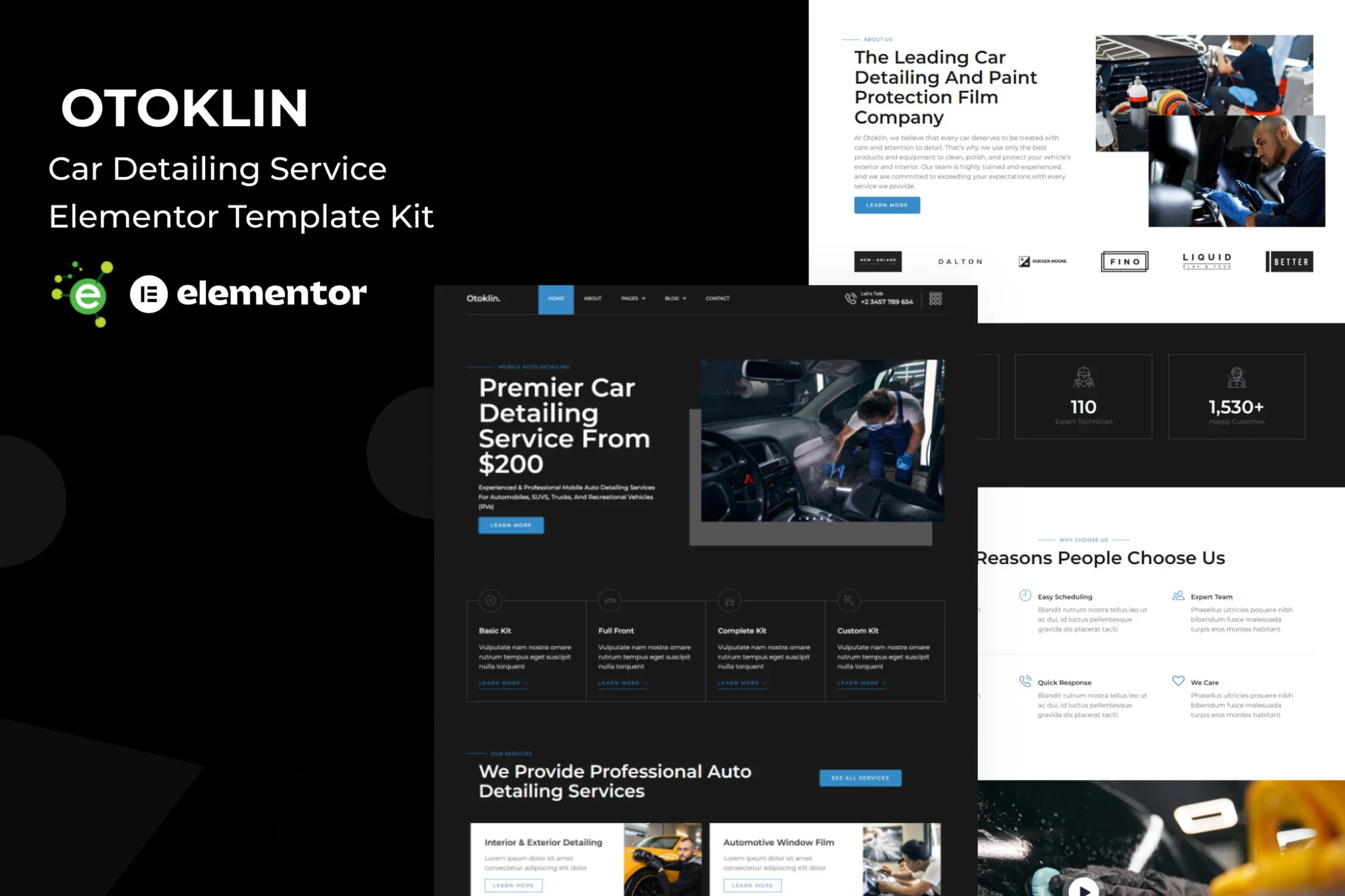




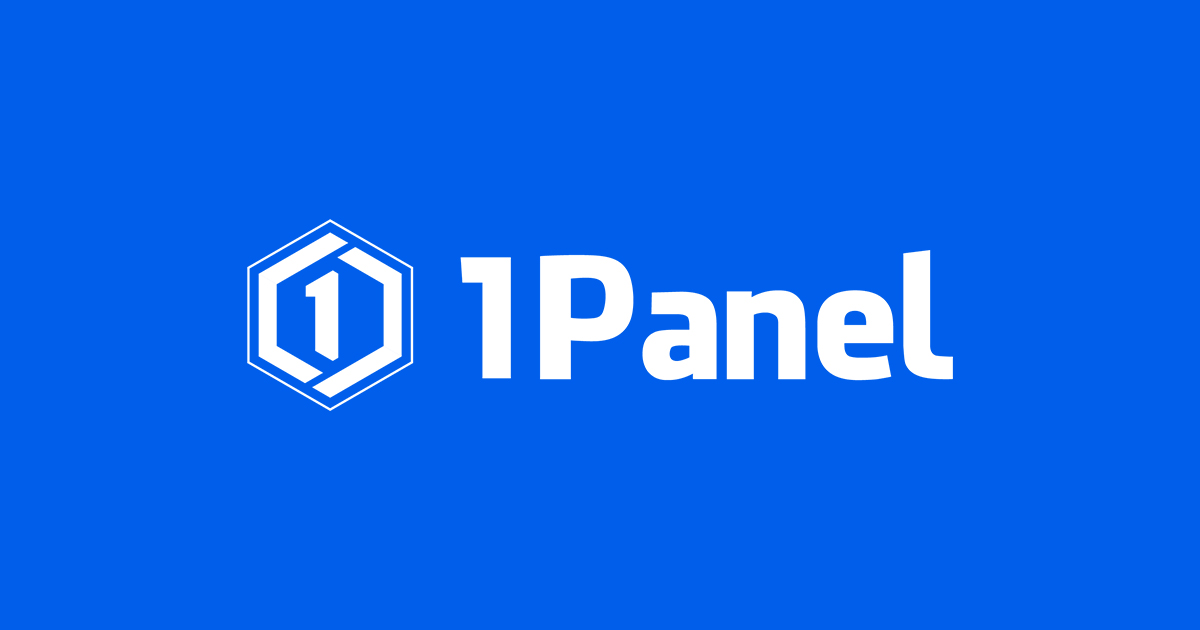

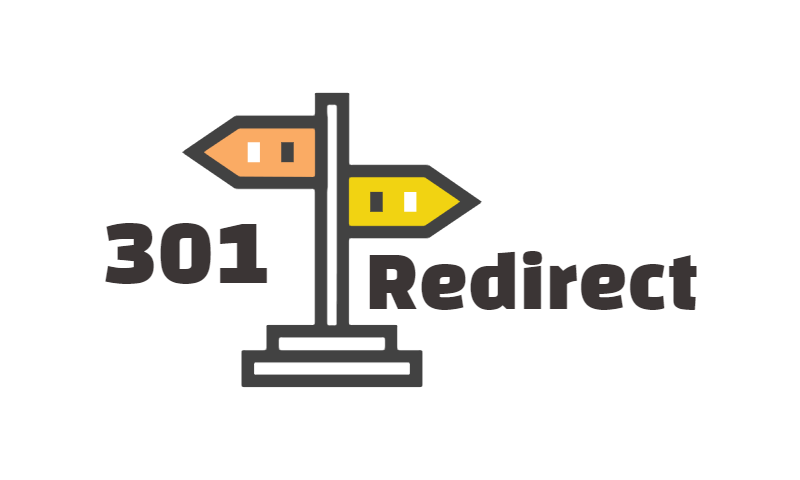
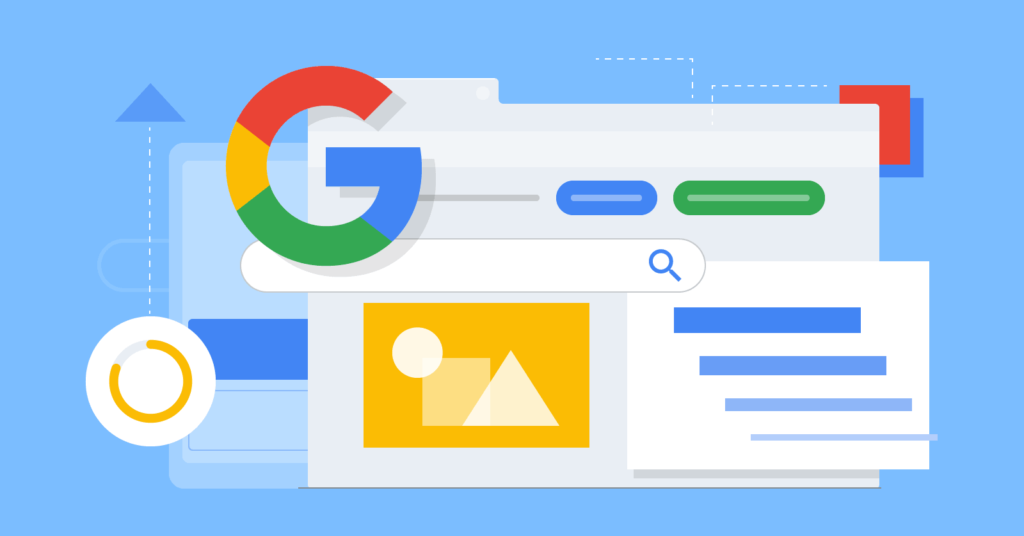
















No comments